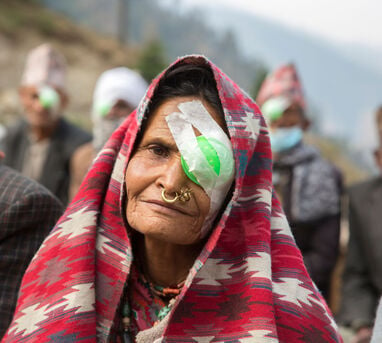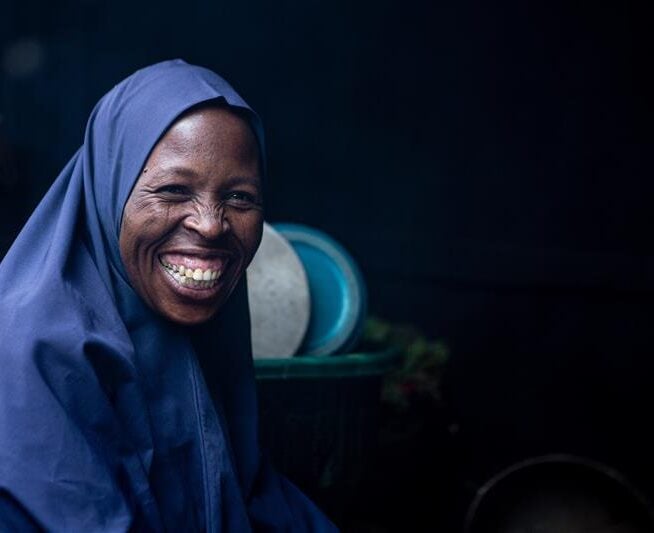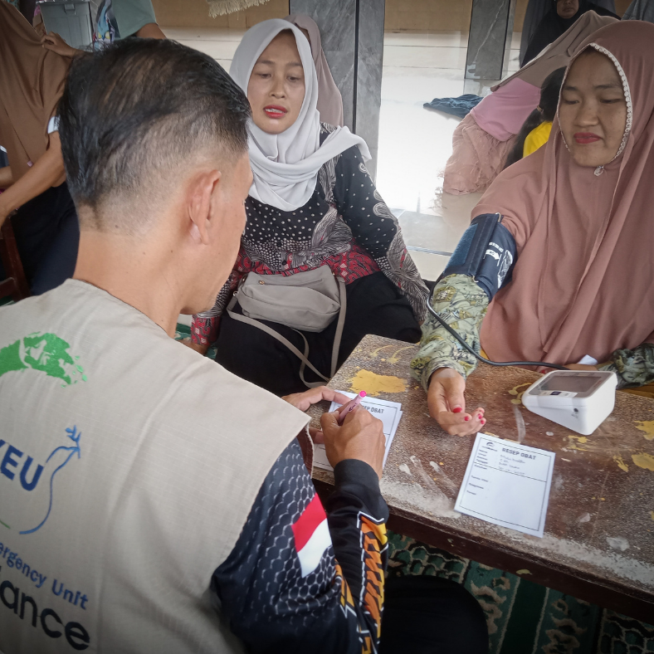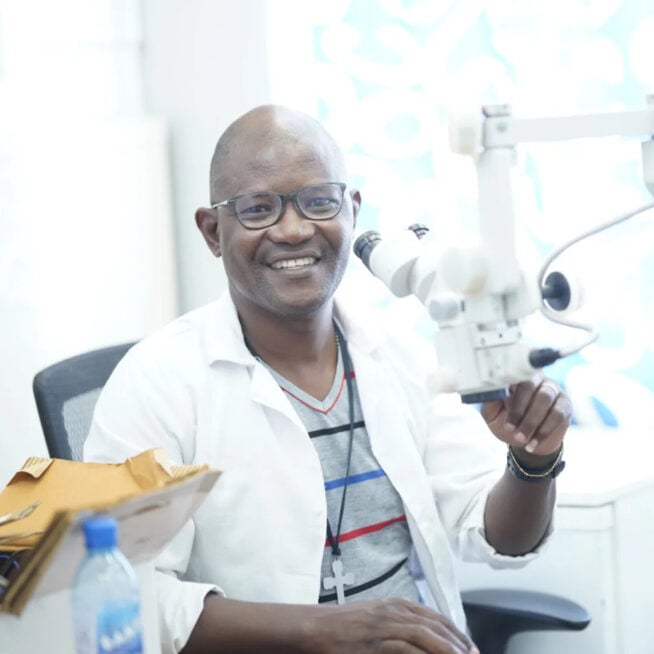Mental health is a basic human right and yet mental health conditions are the world’s leading cause of disability. BasicNeeds is a community-based model for delivering mental health care and support. It recognises that people with mental health conditions don’t just need treatment; they need dignity, inclusion, livelihoods and the opportunity to thrive.
Marking 25 years of BasicNeeds this World Mental Health Day
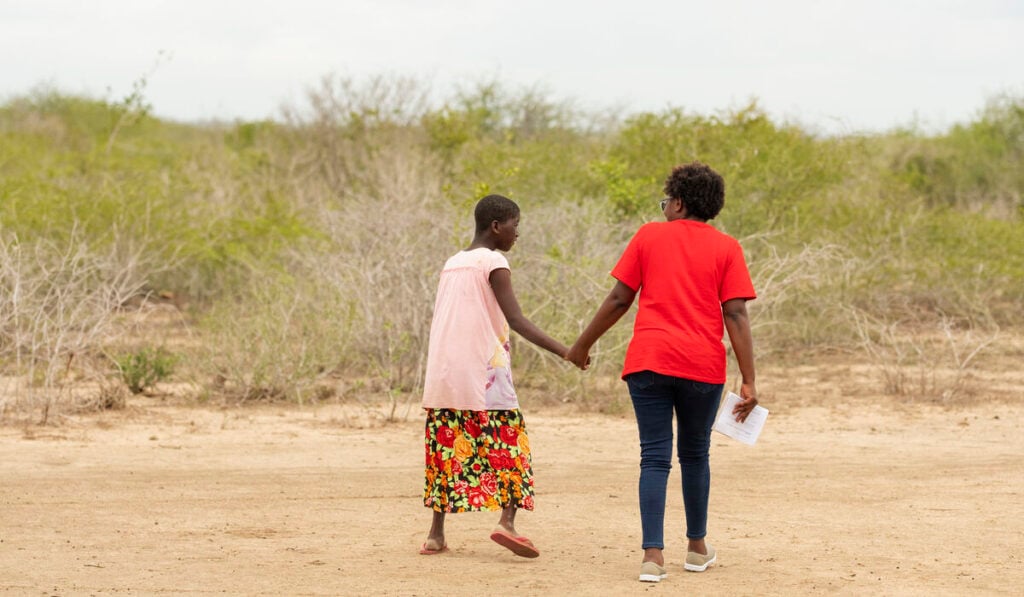
This World Mental Health Day we’re reflecting on 25 years of the BasicNeeds Model, which has been making a difference to people’s health and welfare around the world for a quarter of a century. CBM UK is proud to be supporting a current project implementing the BasicNeeds Model in Kenya.
“Being part of a supportive, resilient community is vital for mental health. The BasicNeeds Model focuses on training leaders, getting community members involved, and starting conversations about how to raise awareness and better support people.”
– Erla Magnusdottir, BasicNeeds Mental Health Coordinator, CBM UK
How does the BasicNeeds Model work?
The BasicNeeds Model puts mental health care in the hands of communities, individuals and local systems. It has four different elements that address what’s important to people with mental health conditions and psychosocial disabilities (disabilities that develop because of a mental health condition).
1. Psychosocial support
Peer support groups provide local, immediate and free mental health support. They are safe spaces where people can share experiences, build resilience and support each other’s recovery. And when attending in person isn’t possible, visiting someone at home can be critical to provide support.
“I always look forward to the Self Help Group meetings because there my views and opinions are respected, and I interact with people who don’t judge or look down upon me.”
-Hamidya, member of a peer support group, Ghana
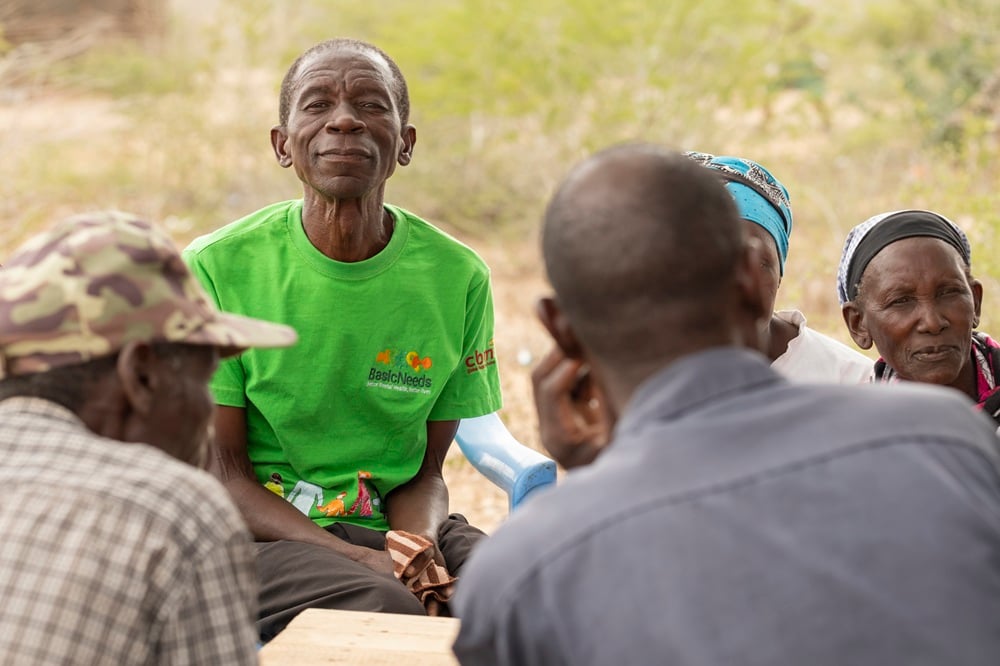
2. Community development
Community consultation meetings are often the first time a community comes together to openly discuss mental health and psychosocial disability. This can spark powerful conversations and help reduce stigma.
“Transforming lives through connection and support, the BasicNeeds Model & Network is a shining example of the power of community.”
– Amali Naik, Co-chair of the BasicNeeds Network & CEO of GASS India
3. Livelihoods
Access to meaningful work and economic opportunity is a key part of recovery. Focusing on livelihoods also acknowledges that people with mental health conditions and psychosocial disabilities are much more likely to live in poverty.
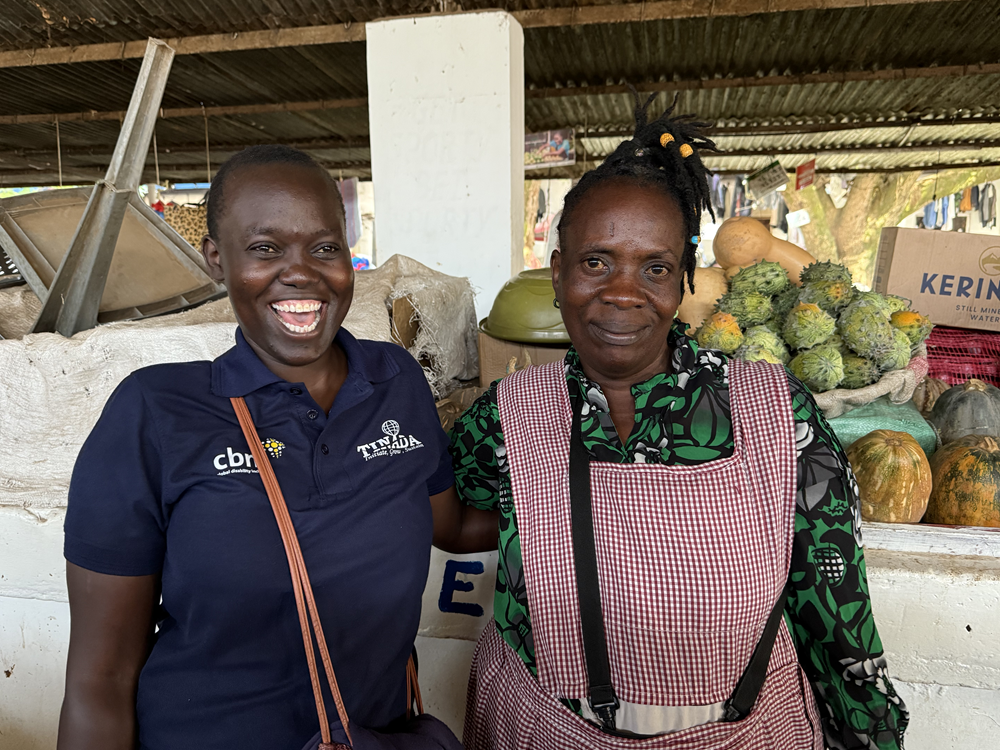
4. System Strengthening
Partnerships with local governments and health systems help to ensure mental health is part of primary care and community services. For example, training non-specialist healthcare workers so that mental health care is more available, especially in under-resourced areas.
Looking Ahead
With 12 billion workdays lost to depression and anxiety each year, and over 100 million people needing mental health care in lower income countries, supporting mental health initiatives is vital.
The BasicNeeds Model is effective because it promotes individual wellbeing and builds support structures within communities. But there are many more people to reach and demand is growing.
This year, World Mental Health Day reminds us that strong community mental health systems aren’t just important during times of stability: they are even more vital during moments of crisis. Whether facing a natural disaster, conflict, or other emergency, communities that prioritise mental health are better prepared to respond. That’s because it’s easier to reach people quickly, meaningfully and with dignity when trained staff, peer support groups and local care structures are already in place,
Find out more about CBM UK’s mental health work and the BasicNeeds Network.
